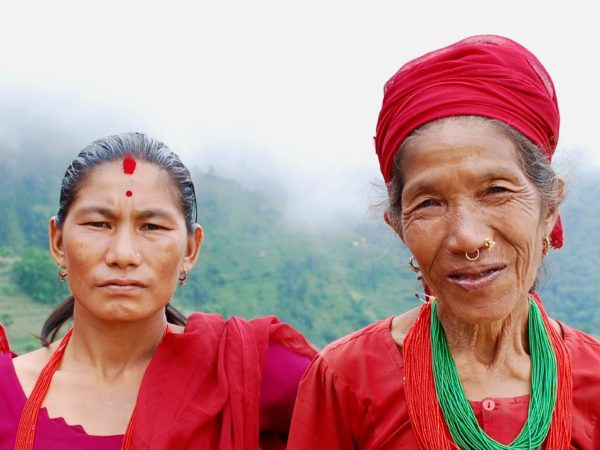2017-2020 Inspection Panel Toolkit Reform Process
Cases Reveal Gaps in the Inspection Panel Toolkit
The creation of the World Bank Inspection Panel in 1993 was a pivotal moment for accountability at the Bank and the wider multilateral development bank and development finance institution landscape. However, in the years of following the creation of the Panel, newer independent accountability mechanisms have been developed with additional tools to address communities’ grievances. Panel cases demonstrated that the Panel’s lack of these tools affected case outcomes. For example, because the Panel lacked an independent monitoring mandate, it had to rely on management’s self-reporting of the implementation of remedial actions. This has led to management misrepresentations, such as misrepresentation of community consent to government actions in Nepal.
Recognizing the gap in the Panel’s “toolkit,” the World Bank Board launched a review in 2017 that solicited comments on 7 specific areas, including advisory services, accountability gaps with co-financed projects, application of the Panel to Bank-executed trust funds, and monitoring. We joined partners to provide recommendations on these areas and encourage the expansion of the Panel’s toolkit. In October 2018, the Board approved some changes to the toolkit but continued discussions on three key issues:
- the addition of independent dispute resolution services for World Bank Group public-sector projects;
- an expanded time frame for communities to file complaints; and
- monitoring of the implementation of management action plans to address community concerns.
We expressed disappointment that these changes were not approved with the other changes and continued our advocacy to add these tools and bring the Panel in line with most other independent accountability mechanisms. Unfortunately, the process of deciding on these remaining three topics was a particularly closed-off and non-transparent process.
Sweeping Changes
On March 5, 2020, following multiple sets of recommendations submitted by Accountability Counsel and our partners, the board approved a set of sweeping changes to the Panel’s toolkit and the World Bank’s accountability framework, many of which incorporate our recommendations. These changes include the unexpected creation of an entirely new accountability office called the World Bank Accountability Mechanism (AM), which will house the Inspection Panel and a new dispute resolution office called the Dispute Resolution Service (DRS). In creating the AM, the board established a new executive secretary position to oversee the DRS and administrative functions of the Panel. If implemented well, these changes will result in a greater range of tools available to communities seeking justice for harm resulting from World Bank projects.
The Panel will remain responsible for processing complaints and making determinations on eligibility. To that regard, the board approved extending the time for communities to submit complaints related to projects approved after the new changes take effect. Going forward, the Panel may consider complaints filed up to 15 months after the closing date of the loans financing the projects. Before this change, communities harmed by projects could not submit complaints to the Panel if 95% or more of the project’s funds had been disbursed. Additionally, under limited circumstances, the board may now allow the Panel to verify bank management’s adherence to management action plans that are drafted to address project shortcomings.
The Path Forward
The most recent changes to the World Bank’s accountability framework amounted to a watershed moment for World Bank accountability. However, because the new Accountability Mechanism was created unexpectedly and without robust public consultation, Accountability Counsel is now proactively engaging on the procedures for implementing these changes to ensure that the terms and procedures do not compromise the independence and effectiveness of the World Bank’s accountability framework.

